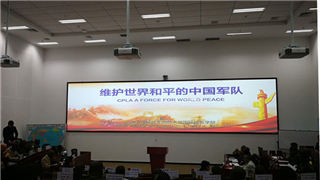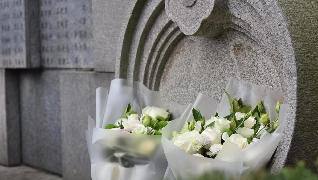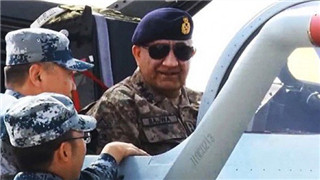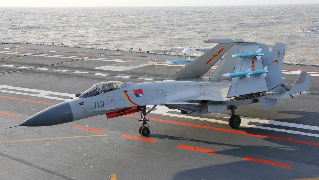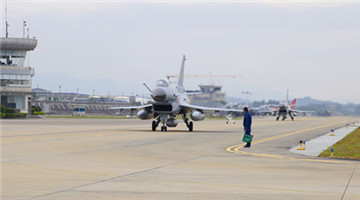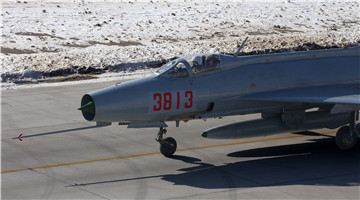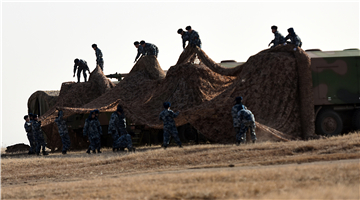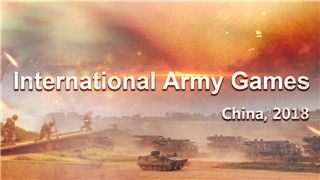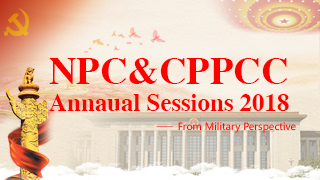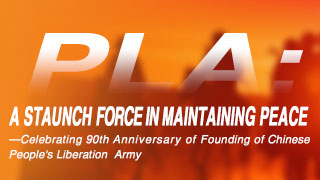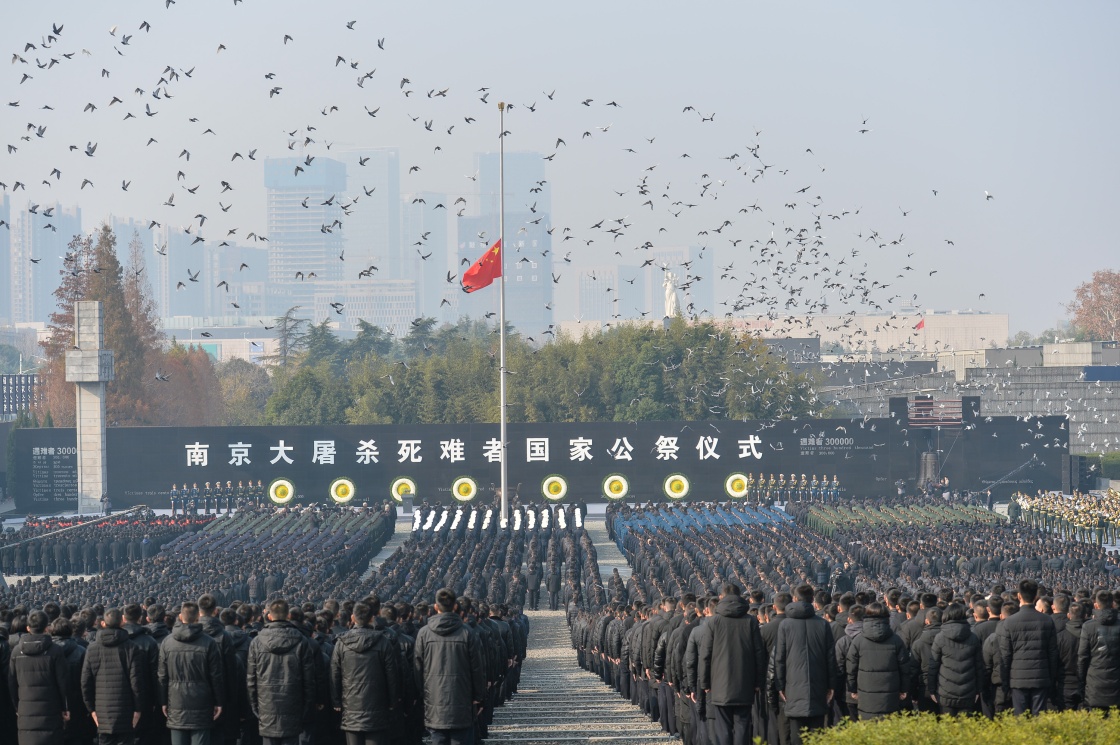
By Wang Kejia
TOKYO, Dec. 13 (ChinaMil) -- Thursday marks the 81st anniversary of the Nanjing Massacre and the fifth National Memorial Day for the victims. A series of commemorative activities have been held by Japanese civil groups recently in various cities including Hiroshima, Osaka and Nagoya to mourn the victims of the massacre and expose the cruel crimes of the Japanese invaders. They have also called on people to remember history and create a peaceful and friendly future for both countries.
Chang Xiaomei, daughter of a Nanjing Massacre survivor, was invited to Japan to share her father’s story and exposed the flagrant crimes of the Japanese invaders. At the age of nine, Chang’s father Chang Zhiqiang saw with his own eyes how his parents and his four little brothers were brutally killed by the invading Japanese soldiers during the 1937 massacre.
“At the time, the entire city of Nanjing was devastated by the Japanese army. Many innocent people were slaughtered, and many families shed tears for their deceased relatives,” said Chang.
Zhang Lianhong, a professor at the Nanjing Normal University, presented to attendants of the testimony meeting reports, films and historical datarecorded by witnesses of the massacre, including journalists, missionaries and diplomats from Western countries. Through the perspective of the international community, Zhang exposed the brutal acts including killing unarmed people, raping women and looting property.
Many people who came to the event said that the bloody personal experience of the Nanjing Massacre survivors and the brutal truths revealed by the films and reports at that time were very shocking.
Youji Tanaka, a local resident at the testimony meeting in Osaka, said that his undergraduate major and work are related to China. He gradually learned some historical truths during his contacts and exchanges with the Chinese people. He is eager to learn more about this history.
The survivors’ experiences were very shocking, said Youji Tanaka. He added that it is important that such historical truth be passed on to the future generations.
As the number of people who have experienced wars is decreasing, the war has been gradually forgotten by the Japanese. The description of the war in Japanese textbooks is based on the damages in Japan. However, the content of crimes committed by Japan is constantly being deleted. Exhibits related to the history of the Japanese invasion were even removed in memorial halls such as the Osaka International Peace Center. At the same time, the denial of the history of the Nanjing Massacre by right-wing forces and other groups, and the distorted opinions by some scholars and politicians occur in Japan from time to time.
There are still people in Japan who try to deny that Nanjing Massacre ever happened. The testimony of the Nanjing Massacre victims is the most intuitive form for Japanese public to learn the truth, said Sachiko Momiyama, member of the civil group Nanjing Massacre 60 Years Osaka which is one of the organizers of the series of commemorative events. Since the 1990s, relevant groups have invited Nanjing Massacre survivors to speak in Japan every year.
Young people in Japan cannot learn the truth of the Nanjing Massacre in school. By inviting victims of Nanjing Massacre to come and share their experiences in Japan, we hope to provide a chance for the Japanese people, especially the younger generation, to learn about the historical truth, said Momiyama. She added that both Japanese and Chinese should remember this history.
Ryohei Hirayama, member of another civil group No More Nanjing Nagoya Association, one of the organizers, said that there is tons of evidence of the Nanjing Massacre crimes committed by the Japanese army, but it is outrageous that some people such as Takashi Kawamura, mayor of Nagoya, still openly distorted and denied the Nanjing Massacre. Japan should learn from Germany and admit the historical truth, and that only by doing so could Japan learn from the history and face toward the future, said Hirayama.
Noboru Takemoto, member of the Liaison Group to Think about Peace Osaka’s Crisis, said that although Japan’s younger generations were not directly involved in the atrocities, they are still obligated to remember history. The group opposes the removal of exhibits of the War of Aggression against China from all Japanese museums.
“If the Japanese people couldn’t know or remember the historical truth, the war tragedies could happen again. That’s why we call upon people to learn more about history,” said Takemoto. “We have the obligation to build a new friendly relationship with the Chinese people on the basis of fully recognizing the history,” he added.
Chang said that to remember history is not aimed to remember the hatred but to create a future of peace and friendship between the two countries.“We have to learn from history, cherish peace and stay away from the war. It’s hoped that the friendship between our two countries could be passed on to future generations,” she said.
